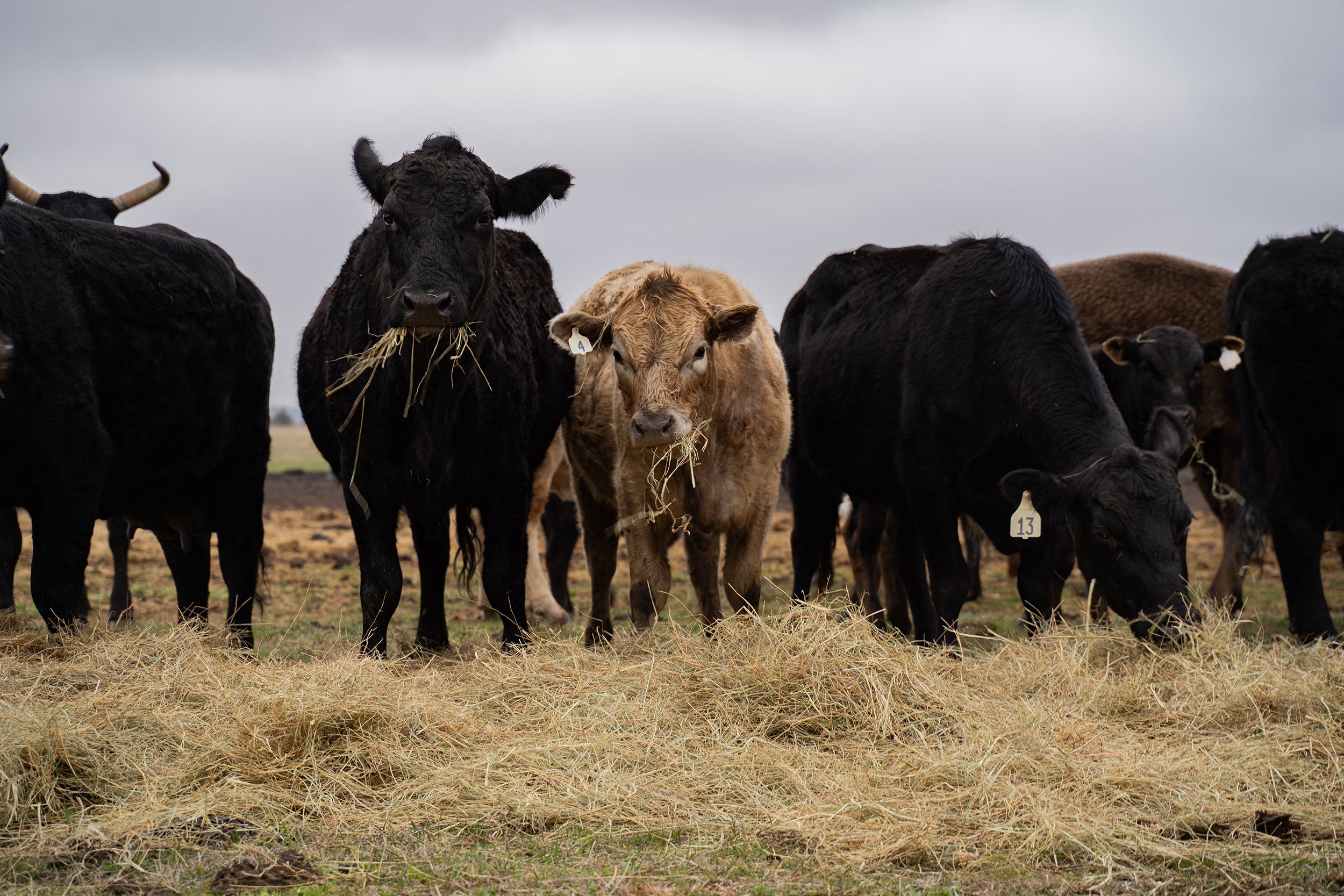Tyson Foods’ plan to shut down its longtime beef plant in Lexington, Nebraska, is raising concern across the state’s cattle industry and rural communities. The plant, employing approximately 3,200 workers, will shut down sometime around January 20 as Tyson restructures its beef operations amid shrinking national cattle supplies.
The Lexington plant is one of Tyson’s major Midwestern beef facilities, which have been operating below capacity as cattle numbers drop to their lowest level in nearly 75 years. Tyson also said it sustained continued financial losses in its beef business and would move to streamline operations by shifting production to other plants. According to Reuters, it is also moving its Amarillo, Texas, beef plant to a single full-capacity shift, a change affecting about 1,700 more workers.
The closure will be a significant economic change for a community of about 11,000 residents. The plant has been a longtime supplier for feedyards, livestock haulers, small businesses, and regional commerce associated with Nebraska’s cattle industry.
Nebraska Cattlemen was disappointed, pointing out recent U.S Department of Agriculture’s data on Nebraska cattle-on-feed inventories that are on par with last year. The group stated the closure will be “a profound impact” on Lexington and many area producers.
State and federal officials also weighed in. Gov. Jim Pillen called Nebraska’s cattle industry “the envy of the world” and said Tyson officials have pledged to explore future value-added opportunities in the state. U.S. Sen. Deb Fischer described the plant as Lexington’s largest employer and urged the company to support affected families. Members of the state’s congressional delegation echoed concerns about the timing, especially as the holidays near.

Tyson said it is committed to helping employees apply for open positions at other facilities and is offering relocation assistance.
Although workers at the Lexington plant are not unionized, the United Food and Commercial Workers International Union issued a statement on the national impact of the closure. Mark Lauritsen, Director of the Food Processing, Packing and Manufacturing Division and International Vice President at UFCW International, said:
“The closure of the Tyson Foods beef plant in Lexington, Nebraska is a devastating blow to the hundreds of meatpacking workers who every day put in the hard, often unseen work of keeping America fed. While these workers were not members of UFCW, we stand with them. These men and women are the backbone of an industry that strengthens local economies and sustains our nation’s food supply
“Layoffs in towns like Lexington don’t just impact workers inside the plant. Families now face uncertainty and anxiety heading into the holiday season and small businesses will feel the strain as spending drops. When a company as large and as profitable as Tyson shuts down a facility like this, it is the community – not the corporation – that pays the biggest price.
“This decision also raises serious questions about our national priorities. The Administration and Congress should be working to strengthen these workers and their communities by boosting production here at home. Instead, our leaders are flirting with importing beef from Argentina and unleashing tariffs that cut off foreign markets to American beef, pork, and chicken. Meatpacking workers across this country deserve better.”
The Lexington plant can process around 5,000 head per day, roughly 5 percent of U.S. slaughter capacity. Consolidation among packers is expected to continue until supplies improve, analysts said, with cattle feeders only slowly starting to rebuild herds after several years of drought and high feed costs.
Some producers and local officials have urged Tyson to keep the plant’s infrastructure intact so that it can be re-opened at some point for beef processing or perhaps another ag-related venture. For now, the focus in Lexington is on supporting workers, aiding local businesses, and learning to cope with the ripple effects of a large facility closure in one of the leading beef-producing states in the country.


